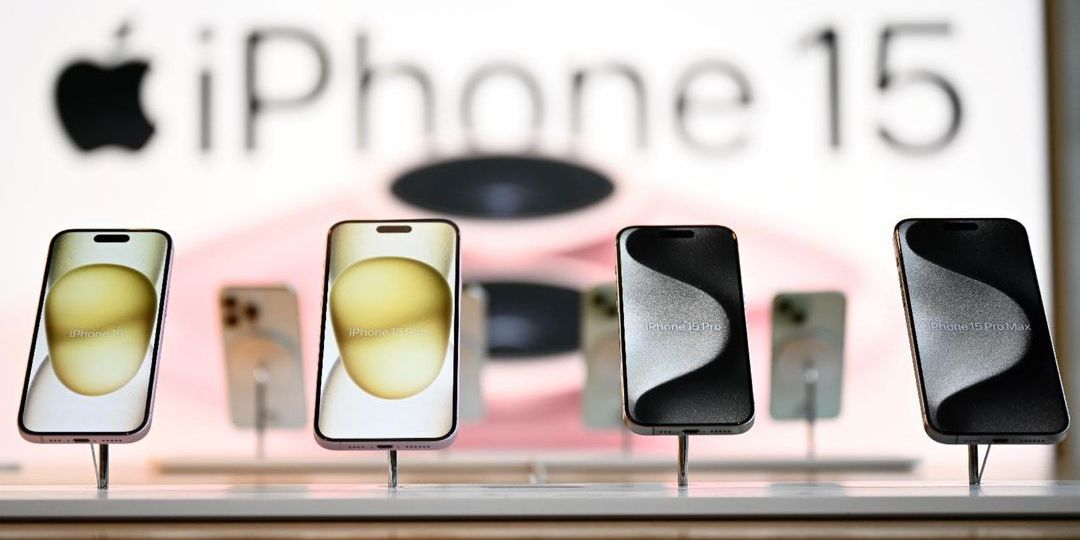
After Apple introduced a software update allowing iPhone users to share contact information wirelessly, social media users and US law enforcement agencies warned it could pose a privacy risk. This is missing context; the NameDrop feature in iOS 17 only works when devices are unlocked and users press a button to share their data, which security researchers say makes inadvertent leaks unlikely.
“BE Aware! If you have an iPhone and have done the recent iOS 17 update, they have set a new feature called NameDrop to default to ON. This allows the sharing of contact info just by bringing your phones close together,” says digital creator Samantha Couturier in a November 26, 2023 Facebook post.
“That means if you are in a crowd, you could be sharing your info and your phone is discoverable by those near you!”
Social media users and law enforcement agencies around the country have posted similar warnings on multiple platforms, saying the feature “shares your contact information when your phone is in close proximity to another device.” The claims have also circulated in Spanish.
Many urge iPhone users to turn off the feature to protect their privacy.


Apple introduced the NameDrop feature earlier this year in its updated iOS software, compatible with most newer iPhones.
However, the company made clear that users must choose what they want to share.
“With NameDrop, a new AirDrop experience, a user can hold their iPhone near another to share their contact information with only their intended recipients,” Apple said in a June 5, 2023 press release (archived here).

Apple told AFP in a November 30 email that NameDrop “was designed to share contact information with only intended recipients and users can choose the specific contact information they want to share — and just as important, which information they do not want to share.”
Pointing to its privacy page, the company added that iPhone users “must choose to initiate the exchanging of contact information by holding the display of their iPhone very close — within a few centimeters — of another person’s iPhone or Apple Watch.”
The devices must be unlocked for the feature to work, Apple said. If a user does not tap to share their contact information or receive someone else’s, no data will be exchanged.
Security researchers say the risk of a stranger stealing personal information this way is unlikely — it would require an unlocked, unattended iPhone.
“And if you’ve been careless enough to have left your iPhone unattended and unlocked so a stranger can meddle with it, there’s all kinds of trouble they could cause. Stealing your contact information may be the very least of your worries,” said security blogger Graham Cluley in a November 28 post for Bitdefender, a Romanian cybersecurity technology company (archived here).
Christopher Vance, a consultant with the software firm Magnet Forensics, offered a similar view in a November 27 post on X, formerly known as Twitter (archived here).
“Let’s clear the air,” he said. “1. NameDrop requires two phones to be almost physically touching tops to work. 2. Both devices have to be unlocked. 3. It’s only CONTACT data that you have to expressly approve.”
